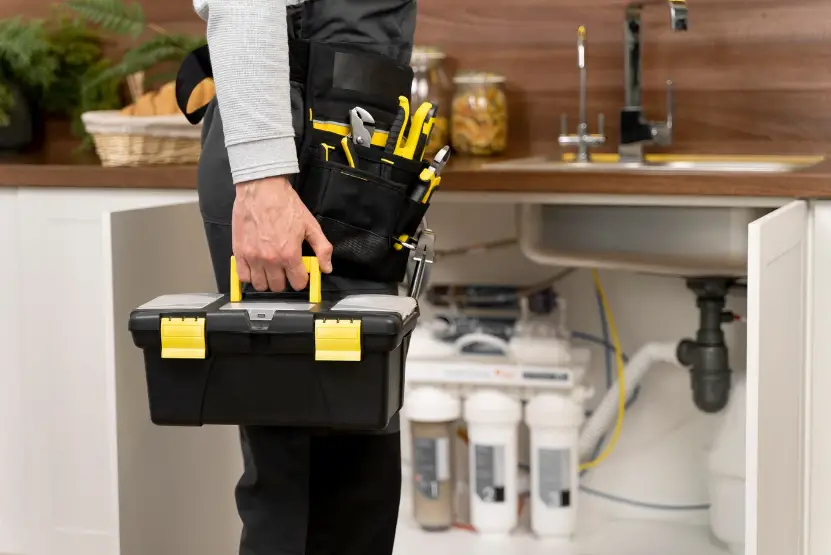How to become a plumber in the UK

Plumbing is an essential trade, offering a rewarding career choice with some much-needed stability. The demand for plumbers remains high in the UK, but a nationwide shortage persists as many places around the country have a lack of skilled professionals in this area.
This is an opportunity to enter a potentially lucrative industry at the perfect time. But it’s not quite that simple. Here are the steps you’ll need to take to become a plumber in the UK.
Obtaining qualifications
While formal qualifications aren’t always mandatory to start as a plumber, they can significantly enhance employability and credibility. The most common route is to complete a plumbing apprenticeship or enrol in a relevant course at a college or vocational training centre.
These courses typically cover both theoretical knowledge and practical skills essential for the trade. It’s never too late to get started, especially if you’re only now considering a career shift. Look for your nearest provider!
Gaining practical experience
Hands-on experience is invaluable for new plumbers acclimating to life in the trades. Apprenticeships provide an excellent opportunity to learn while working under the guidance of more experienced plumbers. You’ll also get hands-on with the tools of the trade such as plumbing press tools and pipe benders.
Alternatively, securing entry-level positions or volunteering with plumbing companies can also offer practical exposure to the field. Early pay may not be great, but in the context of learning skills and gaining experience it’s probably worth a lot more than it seems.
Acquiring relevant certifications
You don’t need specific certifications to work legally as a plumber in the UK. However, they can help to boost your credibility and ensure your work is of the highest standards and safety.
For example, the Water Regulations Advisory Scheme (WRAS) certificate demonstrates competence in understanding and complying with water regulations. If you plan on dealing with gas-related plumbing work, obtaining a Gas Safe Register certification is legally required.
Developing soft skills
In addition to technical proficiency, plumbers need strong interpersonal and communication skills. Interacting with clients, suppliers and other tradespeople requires the ability to explain complex issues clearly and empathise with customers’ concerns.
If you’re planning on being a self-employed plumber, your communication skills will be even more crucial. You’ll be responsible for building relationships and trust with clients while maintaining healthy supplier relationships.
Specialisation
Once you’ve nailed the basics, there is always the option to specialise in a certain area. Plumbing offers various pathways, such as domestic heating, renewable energy or drainage systems.
Specialising in a niche area can open up new career opportunities and increase earning potential, particularly as you develop your skills and expertise.
